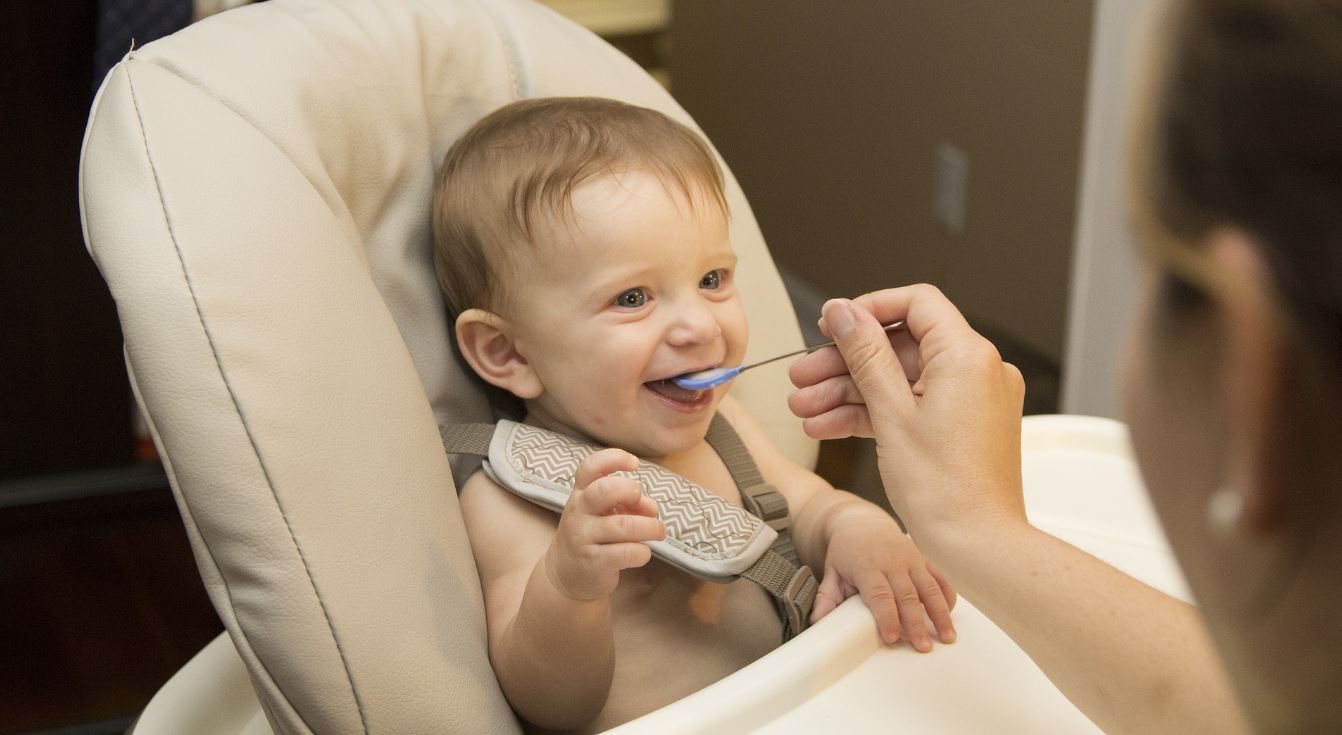QUEEN'S RESEARCH SHOWS ILLEGAL LEVELS OF ARSENIC FOUND IN BABY FOODS 
04 May 2017
Researchers at Queen’s University have found that almost half of baby rice food products contain illegal levels of inorganic arsenic – despite new regulations set by the EU.
In January 2016, the EU imposed a maximum limit of inorganic arsenic on manufacturers in a bid to mitigate associated health risks. Researchers at the Institute for Global Food Security (IGFS) at Queen’s have found that little has changed since this law was passed and that 50 per cent of baby rice food products still contain an illegal level of inorganic arsenic.
Professor Andy Meharg, lead author of the study and Professor of Plant and Soil Sciences in the IGFS at Queen's, said: “This research has shown direct evidence that babies are exposed to illegal levels of arsenic despite the EU regulation to specifically address this health challenge.
“Babies are particularly vulnerable to the damaging effects of arsenic that can prevent the healthy development of a baby’s growth, IQ and immune system to name but a few.”
Rice has, typically, ten times more inorganic arsenic than other foods and chronic exposure can cause a range of health problems including developmental problems, heart disease, diabetes and nervous system damage.
As babies are growing they are at a sensitive stage of development and are known to be more susceptible to the damaging effects of arsenic, which can inhibit their development and cause long-term health problems. Babies and young children under the age of five also eat around three times more food on a body weight basis than adults, which means that, relatively, they have three times greater exposures to inorganic arsenic from the same food item.
The research findings, published in the PLOS ONE journal today, compared the level of arsenic in urine samples among infants who were breast-fed or formula-fed before and after weaning. A higher concentration of arsenic was found in formula-fed infants, particularly among those who were fed non-dairy formulas which includes rice-fortified formulas favoured for infants with dietary requirements such as wheat or dairy intolerance.
The weaning process further increased infants’ exposure to arsenic, with babies five times more exposed to arsenic after the weaning process, highlighting the clear link between rice-based baby products and exposure to arsenic.
In this latest study, researchers also compared baby food products containing rice before and after the law was passed and discovered that higher levels of arsenic were in fact found in the products since the new regulations were implemented.
Nearly 75 per cent of the rice-based products specifically marketed for infants and young children contained more than the standard level of arsenic stipulated by the EU law.
Professor Meharg explained: “Products such as rice-cakes and rice cereals are common in babies’ diets. This study found that almost three-quarters of baby crackers, specifically marketed for children exceeded the maximum amount of arsenic.”
Previous research led by Professor Meharg highlighted how a simple process of percolating rice could remove up to 85 per cent of arsenic. Professor Meharg adds: “Simple measures can be taken to dramatically reduce the arsenic in these products so there is no excuse for manufacturers to be selling baby food products with such harmful levels of this carcinogenic substance.
“Manufacturers should be held accountable for selling products that are not meeting the required EU standard. Companies should publish the levels of arsenic in their products to prevent those with illegal amounts from being sold. This will enable consumers to make an informed decision, aware of any risks associated before consuming products containing arsenic.”
Media inquiries to Suzanne Lagan, Communications Officer at Queen’s University on +44 (0)28 9097 5292.
Back to Main News
Top of Page